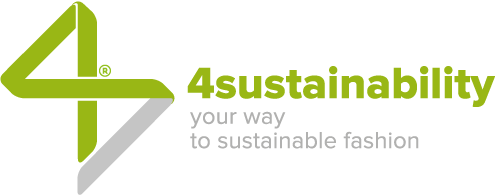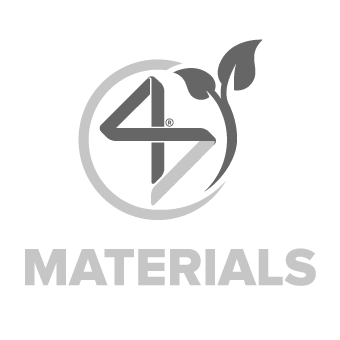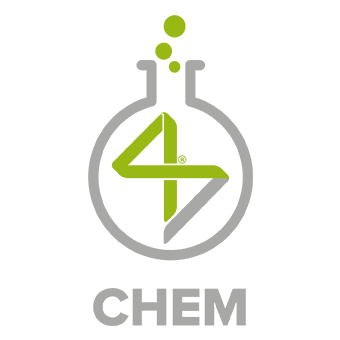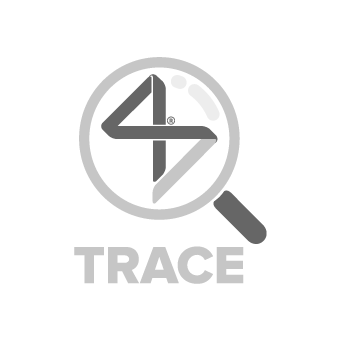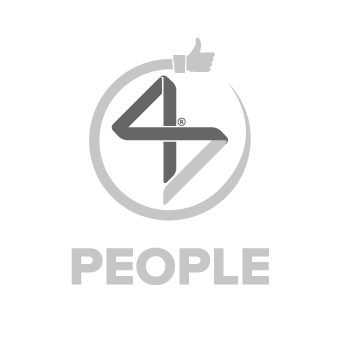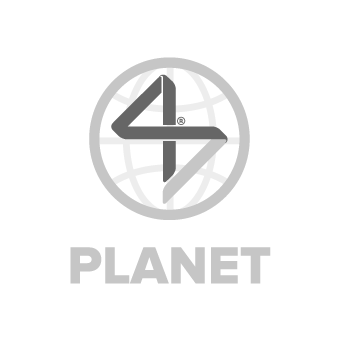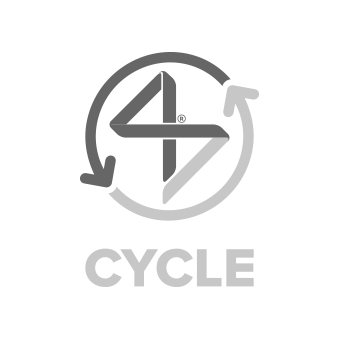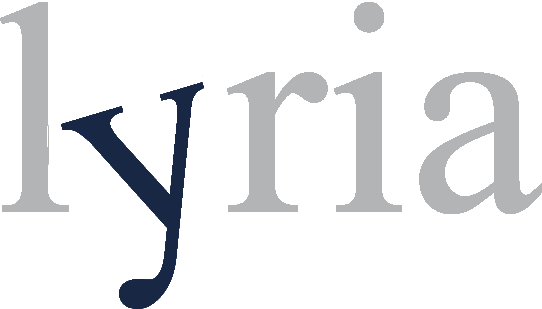
Lyria SpaID Nr. 4S-100305e-report version 3.0
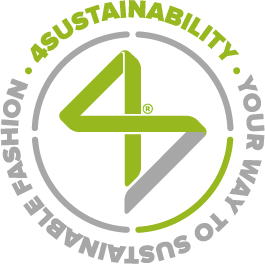
Lyria Spa was born in 2002 from the meeting between the projects of the great manufacturing tradition and the Italian creativity.
Collection after collection, the company’s fabrics entered the market combining constant stylistic research with innovative technical solutions,
reinterpreting the modernity in the tradition of made in Italy. Despite being part of the dynamics described, Lyria has always followed, by its nature and the values
in the which he believes, the way of sustainability. Being a sustainable company means placing sustainability issues at the center of policies of company strategies,
completely rethinking the production parameters, starting from an adequate one eco-design, towards the creation of a production of fabrics
capable of minimizing impacts environmental and social in the manufacturing chain.
www.lyria.it
4SUSTAINABILITY® COMMITMENT
Growth and sustainability are the factors for which we want to stand out, founding our strategy on the belief that ethical approach should characterize our business model. We firmly believe there cannot be a long-term economic development without a social and environmental development.
Inspired to and aligned with the Sustainable Development Goals set by the United Nations in the 2030 Agenda (SDGs), we’re committed to contributing to the generation of global positive change, assuming a clear environmental and social responsibility.
We do it concretely by joining the 4sustainability® roadmap, making the values and action programs it embodies our own, committing ourselves to starting a virtuous change journey in our business model, through one or more initiatives that we tell in this e-report.
elimination of toxic and harmful chemicals from production cycles in line with the ZDHC Roadmap to Zero Programme
this initiative contributes to the following main UN Sustainable Development Goals

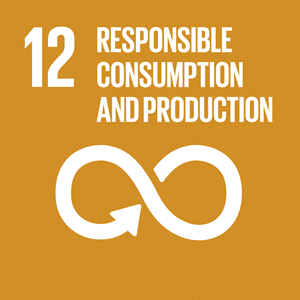
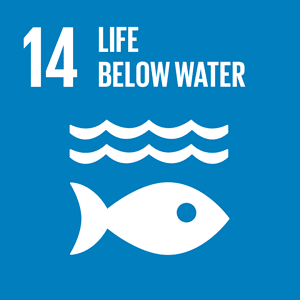
LAST REPORT ABSTRACT
download the report abstract with the main KPIs collected during the last on site assurance performed; if present, the abstract also includes the ZDHC Foundational or Progressive Level Certificate
IMPLEMENTATION LEVEL
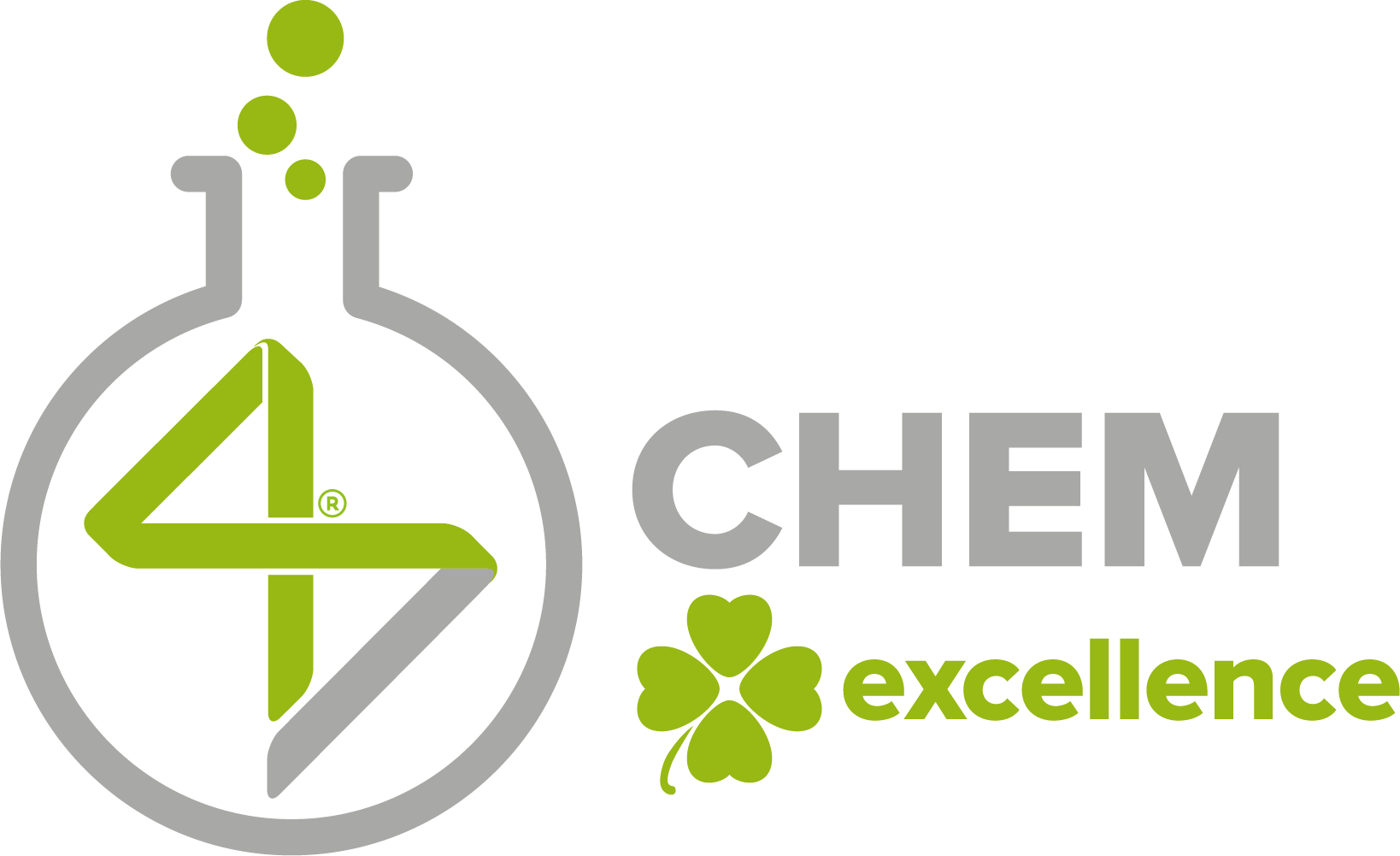
the implementation level is defined after the assurance process following the achievement of the protocol’s minimum requirements and is reviewed annually
The company has adopted the ZDHC MRSL for eliminating toxic and harmful chemicals from its processes and the 4S PRSL for raw material control. It has also implemented all the ZDHC CMS TIG requirements on internal and external processes.
CHEMICAL MANAGEMENT SYSTEM SCORE
89%
the percentage indicates the overall level reached through the implementation of 4s CHEM protocol requirements
ASSURANCE PROTOCOL
PRODUCTION VOLUMECOVERED BY MONITORED CHEMICAL INVENTORIES
81%
percentage of internal and external production volumes monitored through chemical inventory assessments
EXTERNAL CHEMICAL INVENTORY EVALUATION
WASTEWATER TESTING
ZDHC MRSL parameters following ZDHC Waste Waters Guidelines
wastewater compliance percentage; when in presence of “doesn’t meet requirements” slice, a Root Cause Analysis (RCA) has been performed and uploaded in ZDHC Gateway Waste Waters Module
PRODUCTION VOLUMECOVERED BY WASTEWATER TESTING
81%
percentage of internal and external production volumes whose wastewater has been tested following ZDHC Waste Waters Guidelines
